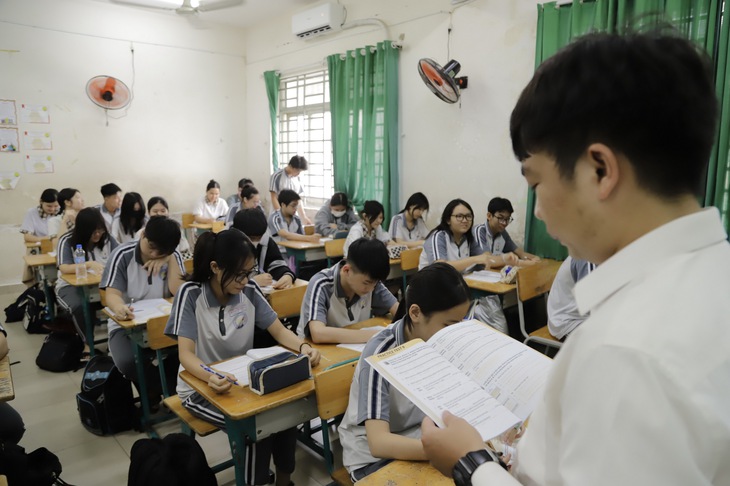
Teachers and students of Huynh Tan Phat Secondary School, District 7, Ho Chi Minh City during class - Photo: NHU HUNG
Vietnam is entering an era of development. This is no longer a guiding viewpoint but is gradually being implemented into national policies and the general tone in social operations. Therefore, education policies also need to be consistent with this national policy.
The question is: Where to go?
If we think about it, the answer can only be to reach out to the world .
In politics , we have never had as many comprehensive strategic partnerships and diverse and rich multilateral international diplomatic activities as we do now.
In economics, production, industry, services, trade... we have never been as deeply integrated and closely connected with the global economy as we are now.
In science, art, education, social culture... although the movement is significantly slower than the above fields, we also see the same trend of internationalization, integration and integration with the general international movements, shown through the number of students studying abroad, artists exchanging and cooperating in international training and research, especially the introduction of international cultural and entertainment trends...
In the field of education alone, the number of international training programs and curricula, training cooperation programs, educational accreditation and ranking standards... have never been used as much as they are now. Not only at the university level as before, but now it has spread down to preschool and primary school levels.
In that process, education plays a very important role. Although it is not as prominent and has an immediate impact as politics or economics, it is the foundation and has a long-term impact, decisively influencing the success or failure of this process.
Why is that? Because education creates people who are capable of reaching out to the world. Only then can the country reach out.
People who are able to reach out to the world need to have many new abilities and qualities. One of those new abilities is to maintain their identity and at the same time be able to use English fluently, because in fact, English is being used as an international language.
Therefore, introducing English into schools from grade 1, so that one day English becomes the second language in schools, is an inevitable step. The remaining question is: is this educationally feasible, at least in terms of teaching and learning English for grade 1 students?
The answer is yes, not only in theory, but also proven in practice.
Surveying the education programs of private primary schools, we see that most of these schools teach English to students from grade 1 with an average duration of about 10 periods/week, equivalent to the duration of Vietnamese language. For bilingual schools, the duration of English is up to about 18 - 22 periods/week.
In other words, it is private schools that have experimented with teaching English to students from grade 1 for the past several decades and have been successful in the sense that teachers can teach, students can learn, and parents can support.
Therefore, in the writer’s personal opinion, implementing English teaching for students from grade 1 is feasible in terms of education. The remaining problem lies in the organization, in which a sufficient and qualified team of teachers is the most important.
And if successful, looking back a hundred years later, this will likely be the most important decision in the country's "reaching out to the world".
Source: https://tuoitre.vn/giao-duc-vuon-minh-ra-the-gioi-20251101235145057.htm





![[Photo] President Luong Cuong receives US Secretary of War Pete Hegseth](https://vphoto.vietnam.vn/thumb/1200x675/vietnam/resource/IMAGE/2025/11/02/1762089839868_ndo_br_1-jpg.webp)
![[Photo] Lam Dong: Images of damage after a suspected lake burst in Tuy Phong](https://vphoto.vietnam.vn/thumb/1200x675/vietnam/resource/IMAGE/2025/11/02/1762078736805_8e7f5424f473782d2162-5118-jpg.webp)






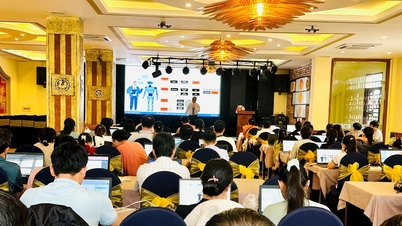




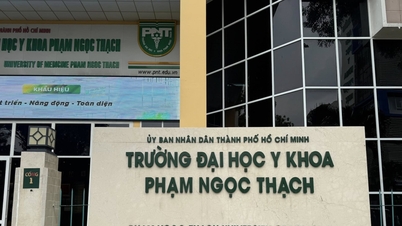





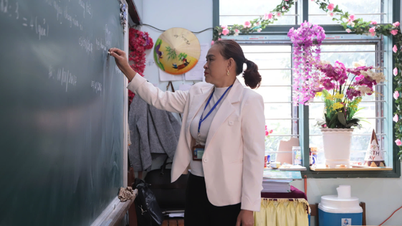








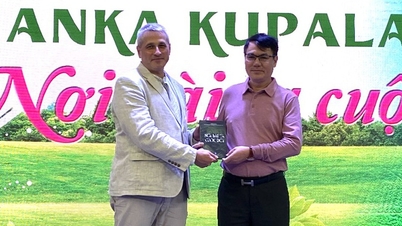

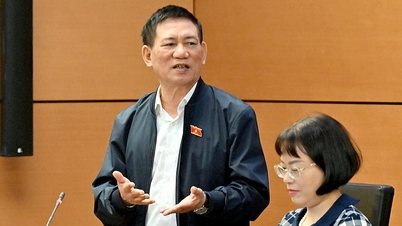


























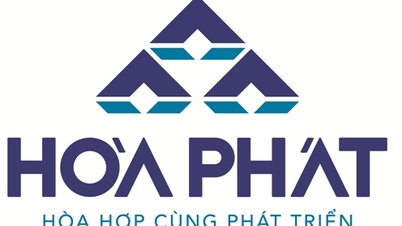









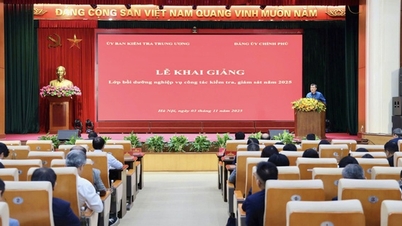



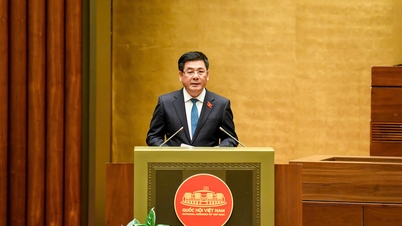

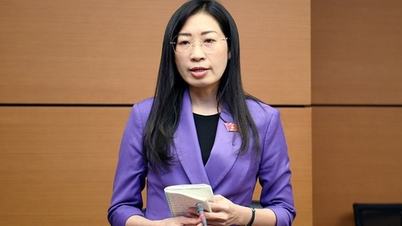




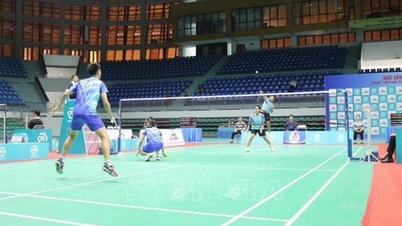







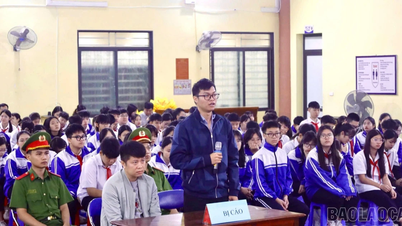
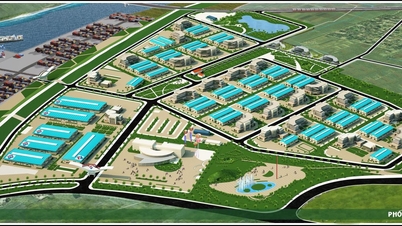
















Comment (0)